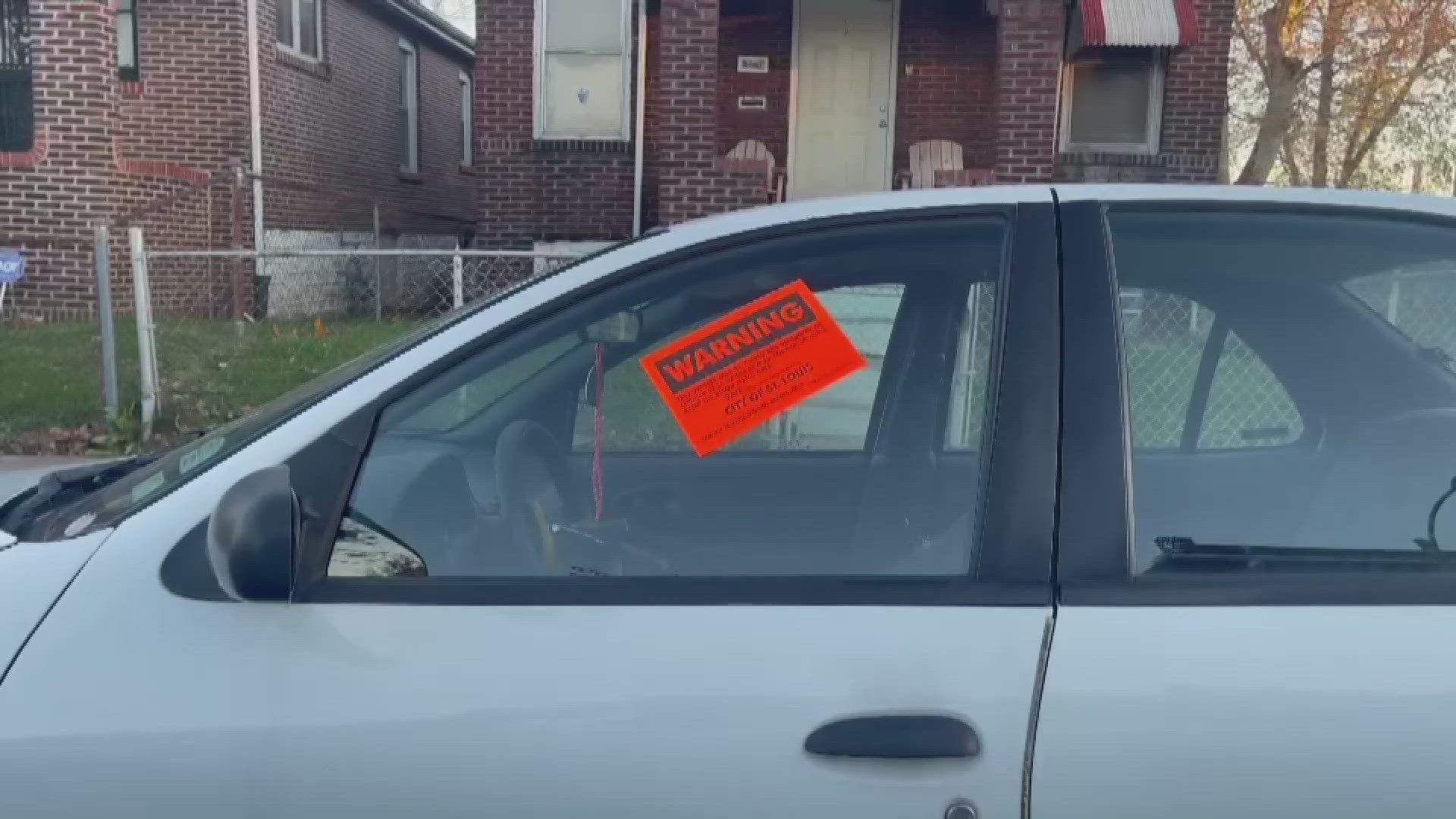The excitement about an engagement sometimes is cut short when couples begin looking at the costs of wedding venues, reception bands, and food for the big day.
The average U.S. wedding cost $35,329 in 2016, with the venue taking up about half of that amount, at $16,107, according to a survey by The Knot, an online source for wedding news and tools.
Some couples that don’t have the cash to cover all these costs may consider taking out a wedding loan.
What’s a wedding loan?
A wedding loan is typically just a personal loan that is borrowed to cover the costs of a wedding. Personal loans are unsecured loans that are repaid typically in fixed monthly installments.
You can find personal loans for weddings for up to $100,000 at many lenders, but those loans are usually due back within three to seven years.
Because personal loans for weddings are unsecured loans, unlike a mortgage or car loan, if you default on the loan the bank can’t readily come after your home or vehicle.
But, still, you should think carefully about borrowing for a wedding or any other large expense. If you can’t keep up with payments, your credit score could certainly be at risk.
“You are taking on debt,” says Ryan McPherson, a certified financial planner and Founder / Managing Member of Intelligent Worth in Atlanta, where the average cost of a wedding is $31,426. “It might be called a wedding loan, which is a great name from a marketing perspective, but it’s still very much a personal unsecured loan that you’re going to have to pay off.”
Pros and cons of financing your wedding
Most financial planners discourage couples from taking out a loan to pay for their big day. Loans are usually paid off over three to seven years and interest rates can add hundreds or thousands of dollars to the original amount of the loan.
For example, Krista Cavalieri, a certified financial planner and Owner and Lead Advisor of Evolve Capital, LLC in Columbus, Ohio, says a $20,000 loan paid over three years with 13 percent interest will accrue over $4,200 in interest over the life of the loan. The average monthly payment would be around $674. If that term increases to six years, then the interest tops $8,900.
“Is it worth all of that for one day?” Cavalieri says. “Yes, you have the memories, but you can have just as wonderful memories for not as much money.”
McPherson advises extending the engagement or cutting down on expenses—or both.
“I fully understand that that is not a romantic answer at all,” he says. “It’s a financial planning answer.”
But he adds that money is a top cause of marital stress and divorce. McPherson says he gets concerned when clients want to take on debt for something that isn’t going to give them more earning power, like education, or a tangible asset, like a home or car.
Couples should be especially careful if they intend to take out a mortgage before they plan to finish paying off their wedding loan. McPherson says as long as someone makes on-time payments on a personal loan, it shouldn’t affect their ability to get a mortgage. But while banks look at credit scores, they also look at an applicant’s debt-to-income ratio. If someone is paying off an existing loan, it may affect their ability to get a favorable line of credit.
But if a bride and groom are set on having the wedding at a certain date and don’t want to compromise on their vision, a wedding loan can provide the capital they need. Cavalieri says if someone doesn’t have a strong credit history, paying off a personal loan on time can also help boost their credit down the road.
Paying for your big day with a credit card
Both McPherson and Cavalieri says taking out a personal loan is a better option than running up charges on a credit card, which usually have higher interest rates than those you could secure for a loan.
The average annual percentage rate in October 2017 was 16.15%, according to CreditCards.com. McPherson says it’s possible to get a personal loan with an interest rate lower than 5% if you have excellent credit.
“The sorts of people that end up borrowing for their wedding are not always the best stewards of their money,” Cavalieri says. “Meaning that they’re also not generally aware that they need to make more than the minimum payment on their credit card.”
She advises couples to think of creative, alternative ways to save for the wedding. Asking parents to put down the deposit on the photographer as a birthday present might be one approach.
Prioritizing expenses is another. Cavalieri says she and her husband didn’t care as much about flowers as they did about food for their wedding. They cut back on bouquets and budgeted more for reception catering.
“You don’t have to do what everyone says you have to do,” she says. “If you didn’t feel pressured by anyone or anything, what would you really do? Because that’s what you should do. Those things tend to be cheaper than the traditional way.”
MagnifyMoney is a price comparison and financial education website, founded by former bankers who use their knowledge of how the system works to help you save money.



